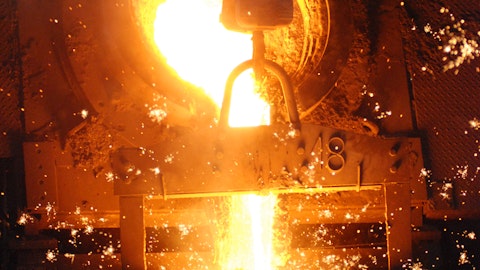These angel dust drug effects and facts will hopefully justify the harsh criminal penalties imposed on its use. Phencyclidine (PCP), also known as angel dust, an animal tranquilizer, rocket fuel, and an agglomeration of other weird titles, is an extremely harmful hallucinogenic that was formerly used as an anesthetic until, of course, its deleterious side effects on patients were recognized. Henceforth, it was declared illegal.
PCP is available in many different forms, including, but not limited to, tablets and powder, and it may be smoked, swallowed or injected directly into the bloodstream. It is essentially a white, crystalline powder, but only when it is absolutely pure: it is often seen in a range of browns because of impurities. It is also commonly used in combination with other drugs such as cannabis. The euphoria or sense of calm that it induces comes from the increased liberation of dopamine, a neurotransmitter that is responsible for transferring signals from the neurons that have released it to other neurons, and this pleasurable sensation is what motivates drug users to frequent their use of angel dust in spite of the innumerable consequences on the body that it is culpable of. The short-term effects of phencyclidine are visibly apparent; these include a noticeable impact on muscular coordination, slurring of speech, increased sweat production and erratic eye movement, i.e. the person’s eyeballs might move rapidly, or they might fixate on a certain spot. Considering its earlier use as an intravenous anesthetic, it follows that it also causes increased numbness, along with a myriad of other effects that we will delve into further on in the article.
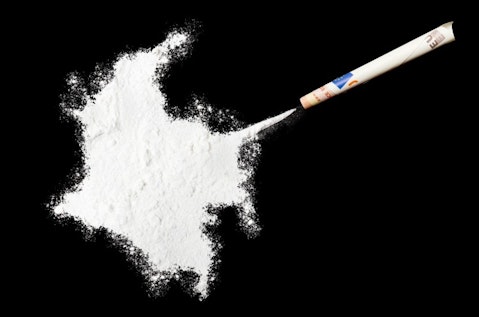
Per Bengtsson/Shutterstock.com
Angel dust drug effects and facts aren’t just limited to health: you’d also face legal troubles for using it. PCP is a schedule II controlled substance in the United States and its possession results in extremely severe punishments. If you hold from 100 to 999 grams of PCP, be ready to spend from 5 to 40 years in prison and/or a fine of $2 million; on your second offense, you can be sentenced from 10 years to life in prison, and/or you’ll have to pay a few millions of dollars. As you can probably tell, the more the amount or the ranking of the offense, the harsher the penalty, and if there’s any violence involved, the time spent in jail just goes up. However, angel dust isn’t the only drug whose usage entails punishments; for examples of other such substances, take a look at the 11 Most Commonly Used Illegal Drugs.
All the information pertaining to angel dust in this article has been picked up from several reputable sources such as Narconon, Drugs, and TheGoodDrugsGuide, amongst others. To fully grasp the detrimental repercussions of the intake of phencyclidine on the human body, read on:
Physical Effects:
7. Memory Loss
PCP impacts the glutamate receptors in the brain which, amongst other things, deal with memory and cognitive functions. This is why PCP, in the long run, is likely to cause memory loss and amnesia; this is also a symptom in case of withdrawal from the drug.
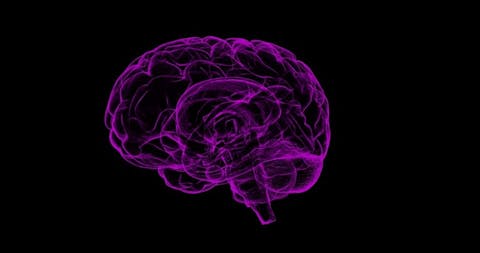
6. Breathing and Muscular Problems
Some of the angel dust drug effects and facts, as previously mentioned, are a loss of coordination as well as the rigidity of muscles. Large amounts of PCP also provoke muscular convulsions and contractions, which might lead to permanently deformed movements. Moreover, since it effectively dulls pain, users might undergo painful injuries which they do not realize experiencing. PCP also restricts your ability to breathe properly, a problem known as respiratory depression. In the case of an overdose, the user might even die due to this depression of the lungs.
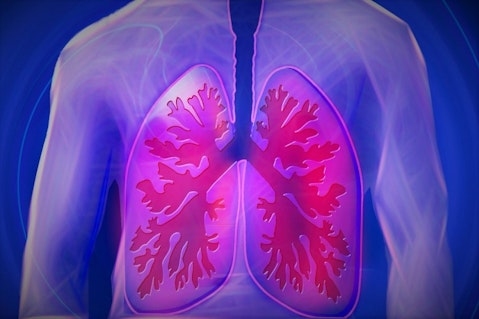
5. Irregular Heartbeat and High Blood Pressure
Phencyclidine disturbs your heart, making the heartbeat haphazard, and your blood pressure to go up. In higher doses, the blood pressure can reach alarming heights, and the individual might even experience heart attacks, leading to death.

Psychological Effects:
4. Hallucinations and Delusions
We are continuing our list of angel dust drug effects and facts with PCP effect that imply preventing NDMA receptors in the brain from effectively doing their job, which results in the auditory and visual hallucinations typically associated with it. The user also experiences delusions, such as the belief that they are invincible or that they possess superhuman strength. This is certainly not true; the individual only feels this because of an inability to feel pain. Even if they suffer severe injuries as they undertake a violent action, such as the breakage of bones, they fail to realize it, so they relentlessly go through with it anyway, which explains why users that are brought in by the police are usually restrained with two sets of handcuffs.
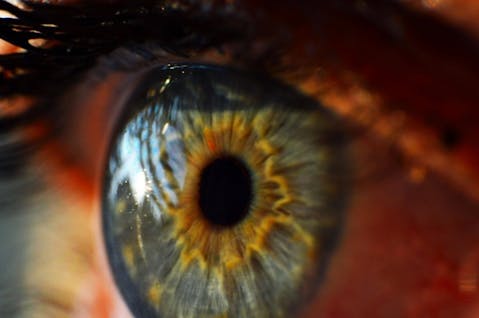
3. Addiction and Dependence
Addiction is inevitably a consequence of prolonged usage of potent drugs, which is why it occupies the third spot on our list of 7 angel dust drug effects and facts. If the usage of PCP is extensive and regular over an extended period of time, the person becomes addicted and has to endure painful withdrawal symptoms – such as anxiety, suicidal thoughts, decreased reflexes etc. – if the drug is not taken. To recuperate from protracted usage and addiction, it is imperative to remove residual PCP from tissues that the body tends to store it in, and which is responsible for the long-term effects of PCP on the individual.

2. Psychosis
One of the most dangerous effects of PCP is psychosis i.e. detachment from reality, and in certain cases the behaviors of such individuals are indistinguishable from those of schizophrenics. In addition, it might even cause paranoia, a feeling of trepidation and anxiety. Isolation from the surroundings can instigate violent, irrational and completely unpredictable behavior, which is why the person is a danger to others around him/her.

1. Loss of judgment
Loss of judgment is closely linked with the rest of the effects PCP has on the mental state of the user, and as such it is difficult to separate the psychological impacts of the drug into disparate categories, but if done so, as in this list of 7 angel dust drug effects and facts, it is undeniable that the effect on the person’s judgment is most responsible for their aggressive behavior. PCP upsets the person’s moral compass, and hence their decision-making capacity is severely impaired leading to reckless behavior. The person does not produce the same response to threatening and dangerous situations as he/she does when not in the influence of the drug, which explains the unforeseeable actions he/she undertakes.
In a nutshell, the usage of phencyclidine has far-reaching repercussions on every aspect of a person’s life and has the potential to cause destruction on an unprecedented scale, be it physical or moral. It is thus in the best interest of society that everyone refrains from using it.
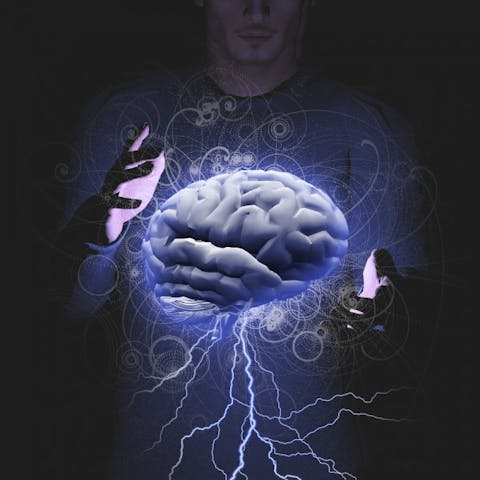
Bruce Rolff/Shutterstock.com

